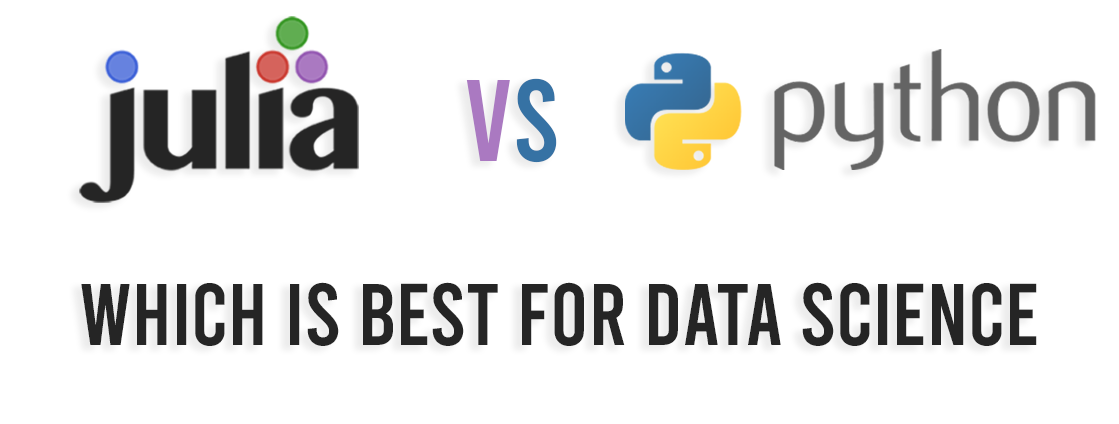
At this week’s meeting, I asked the group for some advice about coding in Julia vs. in Python. I am starting work on a project with David Spergel and Ruth Angus, simulating the exoplanet astrometry yield from the Nancy Grace Roman Space Telescope. We are going to look at synergies between Roman exoplanet astrometry and radial velocity (RV) observations from the Terra Hunting Experiment. In order to simulate the joint RV and astrometry signals, we are planning on using exoplanet or The Joker as well as some other exclusively Python packages. So, I asked for advice on whether it would still be “worth it” in terms of computational speed to write the code in Julia if the code I am writing will be primarily a wrapper for other Python packages. In addition, I was curious whether calling Python packages in Julia (using PyCall) would introduce a slowdown in the code.
Eric Ford said that there is no speed penalty in using PyCall in order to run Python packages in Julia. He also mentioned that Python actually works quite well as a scripting language, so if I will primarily be calling Python packages for the meat of the code, then it would work well to do so in Python. The conversation then turned into a deeper discussion about the possible benefits/downsides of re-implementing the existing Python packages in Julia. Dan Foreman-Mackey suggested that the codes themselves are quite replicable and it wouldn’t be too difficult to re-implement them in Julia. David Hogg brought up the benefit in writing my own code from scratch in terms of developing a deeper understanding of how the code works. He also suggested for me to “think about your goals and do what makes sense within those goals.” Megan Bedell and Adrian Price-Whelan then suggested an alternative approach could be to implement a few toy or simpler cases to get a feel for what’s going on, but ultimately using existing packages in production work. Dan Foreman-Mackey also mentioned that the Julia code wouldn’t be quicker than the existing Python packages, as these packages use C or C++ for the computationally expensive portions of the code.
The main takeaway I got from the conversation is that it would be possible to do the project in Julia, by re-writing the Python packages that I would need, but that this is only really the right approach if it is something that I am specifically interested in doing as a project in itself. Otherwise, if the primary goal is to quickly produce a functioning simulation of Roman astrometry + Terra Hunting RVs, then it is likely better to use the existing Python code bases and to write the wrapping/scripting code in Python as well.